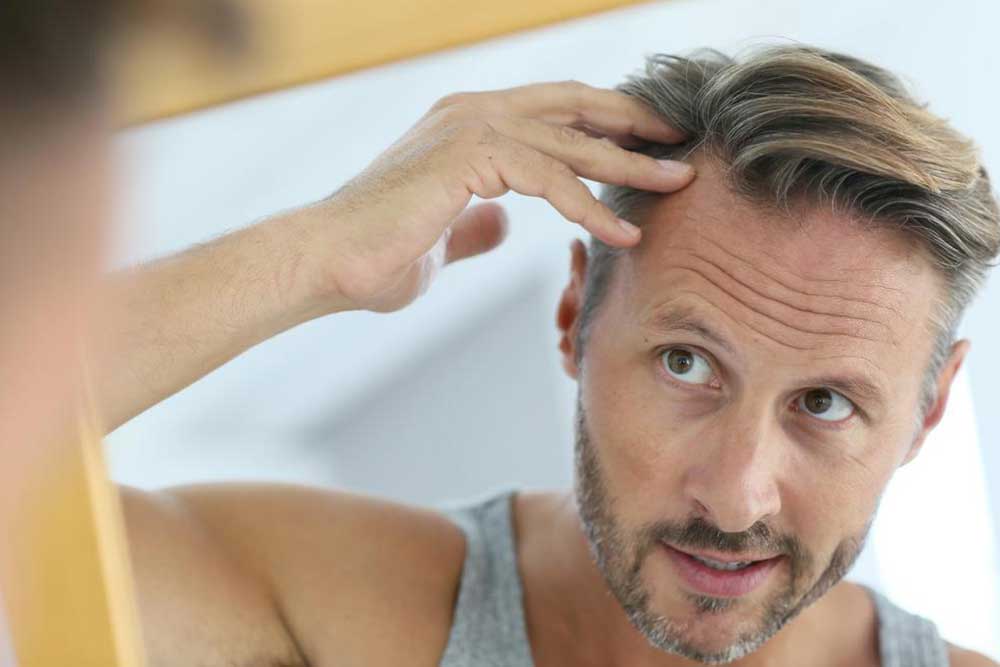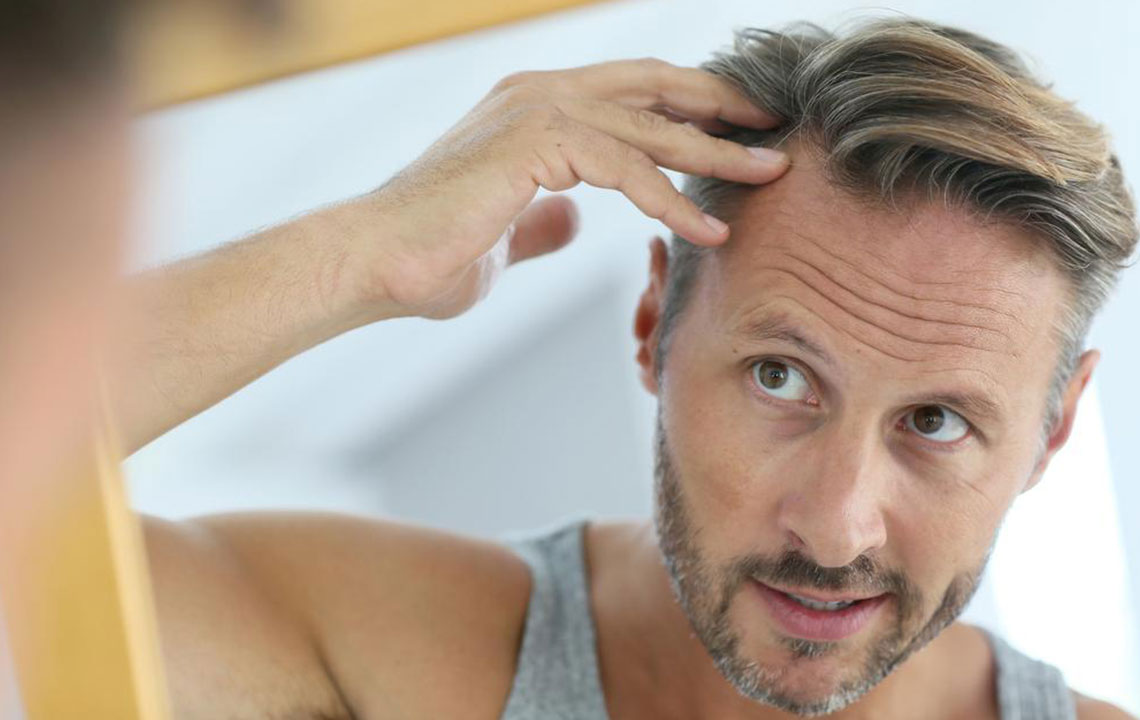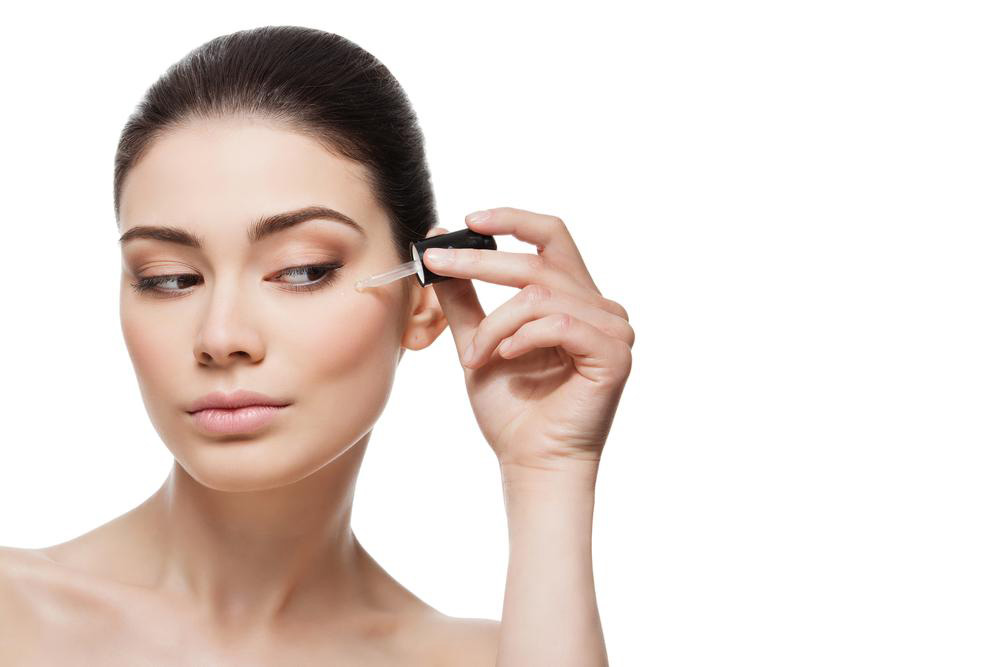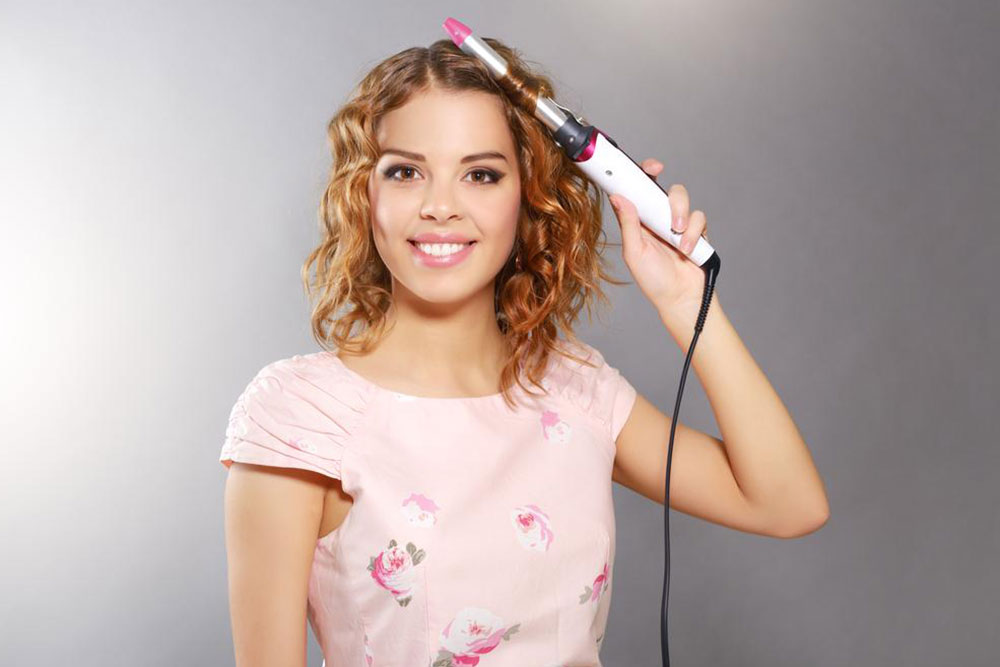Effective Strategies for Promoting Hair Regrowth
Discover effective methods to stimulate hair regrowth, including dietary changes, lifestyle tips, and understanding the hair growth cycle. Early diagnosis and proper scalp care are essential for maintaining healthy hair and preventing hair loss. Learn how nutrition and stress management can contribute to stronger, thicker hair.

Effective Strategies for Promoting Hair Regrowth
Maintaining healthy, lush hair is important at any age, as it greatly influences our appearance. Common issues like split ends, excessive hair loss, and dandruff can occur due to factors such as aging, stressful lifestyles, or health conditions. Hair loss may be more apparent in younger individuals, emphasizing the importance of consultation with a healthcare professional. Treatments for hair growth vary based on individual causes and needs, ranging from medical interventions to natural remedies.
Key contributors to hair loss include:
Chemotherapy drugs and excessive Vitamin A intake
Chronic illnesses leading to hair thinning
High stress levels impacting hair health
Nutritional deficiencies
Hormonal imbalances
Scalp infections
Intense emotional stress
Common hair loss patterns are:
Diffuse thinning across the scalp
Male pattern baldness
Patchy hair loss
Female pattern baldness
Our modern lifestyles, often hectic and unplanned, make it essential to adopt a balanced diet to support hair health. Understanding the hair growth cycle helps in devising effective strategies.
The hair cycle includes three stages:
The Anagen phase, where active hair growth occurs as the follicle divides and extends.
The Catagen phase, a transitional period where growth ceases, and hair begins to loosen and shrink.
The Telogen phase, a resting period lasting several months, after which hair naturally sheds.
Small dietary changes can boost hair growth and reduce damage. Reducing processed foods, alcohol, tobacco, and managing stress can improve scalp health. Incorporate nutrient-rich foods like fruits, vegetables, omega-3 fatty acids, whole grains, and proteins such as eggs, tofu, beans, and poultry. Leafy greens high in iron especially support hair strength. Proper scalp care and early diagnosis are vital for preventing excessive hair loss and promoting healthy growth.
Prioritize a balanced diet and lifestyle for optimal hair health and consult healthcare professionals when needed for persistent hair issues.










